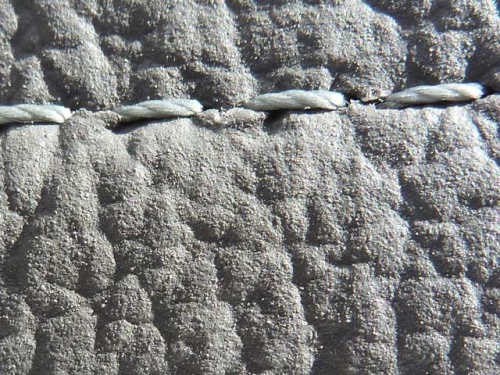Difference between revisions of "Gloss of leather"
| (One intermediate revision by one user not shown) | |||
| Line 78: | Line 78: | ||
<p align=center> | <p align=center> | ||
''A video about the gloss of leather and about [https://www.colourlock.com/tip/car-leather/gloss-car-leathers.html the correct cleaning and care process of soiled and shyiny car leather].''<br></p> | ''A video about the gloss of leather and about [https://www.colourlock.com/tip/car-leather/gloss-car-leathers.html the correct cleaning and care process of soiled and shyiny car leather].''<br></p> | ||
| − | |||
| − | |||
| − | |||
| Line 99: | Line 96: | ||
* [[Finish]] | * [[Finish]] | ||
<br> | <br> | ||
| − | [[bild:Colourlock-02.jpg|16px]] -> [https://www.colourlock.com/ | + | [[bild:Colourlock-02.jpg|16px]] -> [https://www.colourlock.com/How-To-s/Car-Leather/How-to-treat-shiny-leather/ COLOURLOCK - THE GLOSS OF LEATHER] |
| − | [[bild:Globus.jpg|16px]] -> Rest of the world: [ | + | [[bild:Globus.jpg|16px]] -> Rest of the world: [https://www.lederzentrum.de/international.html#partner partners worldwide] |
Latest revision as of 16:12, 13 December 2022
Contents
Degrees of gloss - degrees of dullness
Leather surfaces come in a variety of finishes, from the ultra-matt of new car leather to the high-gloss of patent leather.
Most new leather in cars and on furniture, as well as a lot of older leather, is matt or close to matt. Through a combination of cleaning, use of care products and general wear and tear, the leather surface is polished over time and thus becomes shinier. This difference is particularly noticeable in the driver's seat of a used vehicle, compared to the rear seats.
Leather is dull because, when you look at a cross-section under the microscope, it appears like a mountain landscape on the grain side. It's the reflection of this rough surface that creates the matt. The light is scattered in all directions and looks dull and brighter for the human eye. The matt look is created by adding a dulling agent to the top coat and/or the leather colour.
Smooth and polished surfaces appear glossy to the human eye. The light is not scattered but reflected in parallel. The human eye then receives more light and interprets it as a glossy surface.
The gloss can be produced by a variety of ways. In the production process of leather, there are many steps which influence the degree of gloss. Smoothing is carried out by vacuum drying, by stretching the leather during the work process, by ironing, by the application of glossy colour layers and also by the gluing of glossy films. Also, glazing the leather adds gloss to the surface.
A matt surface is generated by coarse grain, by the application of dull colour layers and by a matt finish or by matt film coatings.
Traditionally, Americans and British prefer shiny leather (the traditionally produced shoes made of horse leather are glazed) and the Germans prefer dull leather. Especially for furniture and vehicle leather. The leather looks less "plastic like". Matt leather, due to the rough surface, tends to stain and wear faster than shiny leather.
There are technical reasons to make leather particularly dull. In the case of leather dashboards, the matt surface prevents reflections, which would interfere with driving.
Dull leather is very rough under the microscope. Typical for car leather.
Glazed crocodile leather. The light reflection is parallel.
Leather shoes are brought to "high gloss" by shoe care. But not all shoes are shiny. A scarred surface reduces shine.
From the near well recognizable. The rough texture of the hair pores makes the leather look dull.
Metallic leather and patina.
The cleaning and care of soiled, glossy car leather
A video about the gloss of leather and about the correct cleaning and care process of soiled and shyiny car leather.
Gloss measurement
The degree of gloss of a leather can be determined by comparison cards ("Boller scale") and other means.
Additional information
![]() -> COLOURLOCK - THE GLOSS OF LEATHER
-> COLOURLOCK - THE GLOSS OF LEATHER
![]() -> Rest of the world: partners worldwide
-> Rest of the world: partners worldwide























 a kotori web solution
a kotori web solution